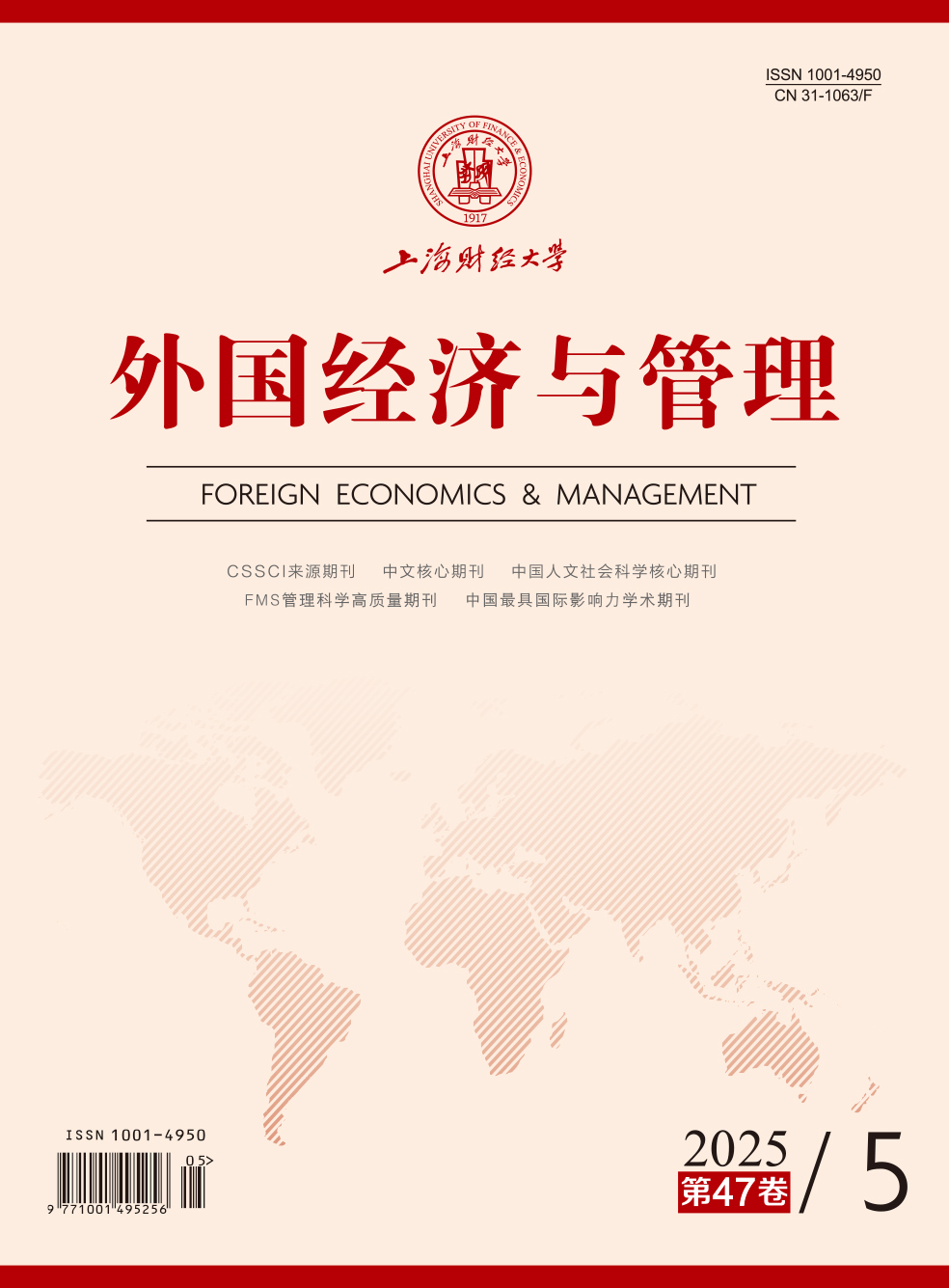This study investigates how entrepreneurial learning empowers returnee entrepreneurs to overcome challenges and drive venture development, drawing on the entrepreneurial learning theory and the TOE framework. Through a case analysis of four returnee entrepreneurs, it identifies three core dilemmas: technology transfer, commercialization, and organizational adaptation. Correspondingly, it distills three key capabilities—technological deconstruction, environmental adaptation, and organizational outreach—and proposes strategies including ecosystem construction, integrative practices, and cross-domain bridging. These findings contribute to a theoretical model of the entrepreneurial learning–driven path of returnee entrepreneurship. The study enriches the entrepreneurial learning theory with a cross-cultural perspective and offers a systematic framework to understand the dynamics of technology localization. Practically, it provides actionable guidance for policy optimization, innovation ecosystem design, and talent development, while highlighting the enabling roles of parent organizations and social capital in supporting sustainable returnee entrepreneurship.
 / Journals / Foreign Economics & Management
/ Journals / Foreign Economics & ManagementForeign Economics & Management
JIN Yuying, Editor-in-Chief
ZhengChunrong, Vice Executive Editor-in-Chief
YinHuifang HeXiaogang LiuJianguo, Vice Editor-in-Chief
How does Entrepreneurial Learning Empower Returnee Entrepreneurship?
Foreign Economics & Management Vol. 47, Issue 05, pp. 82 - 99 (2025) DOI:10.16538/j.cnki.fem.20241118.401
Summary
References
Summary
Cite this article
Li Zhigang, Yang Chen, Liu Zhen, et al. How does Entrepreneurial Learning Empower Returnee Entrepreneurship?[J]. Foreign Economics & Management, 2025, 47(5): 82-99.
Export Citations as:
For
ISSUE COVER
RELATED ARTICLES




 3001
3001  3660
3660

